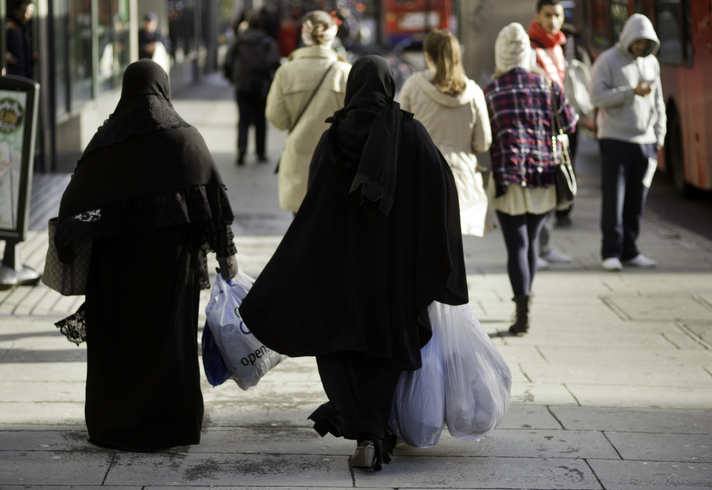The UK is facing a “Muslim poverty crisis” as the number of people seeking help from the National Zakat Foundation (NZF) continues to rise.
NZF chief executive Dr Sohail Hanif told Islam Channel that the organisation is seeing an “ever-rising number of people asking for help.”
During 2022, Muslims were submitting support applications to NZF at a rate of one person every 40 minutes. But last month, in March 2023, the organisation saw the demand rise to one application every 12 minutes.
“What we’re experiencing corresponds to everything that’s been seen by grassroots welfare service providers,” said Dr Hanif.
“If you speak to anybody at a food bank, Muslim or non-Muslim, they’ll tell you how much of a rush they’ve seen on their services.
“And you always have to remember, it will always be multiplied in a Muslim context, since Muslims are disproportionately represented in all poverty indexes.”
Muslims are amongst the poorest in the UK — 50% of the Muslim population is in poverty compared to 18% of the national population.
Research last November from the Muslim Census, supported by NZF, showed exactly how British Muslims are disproportionately affected by the cost of living crisis.
It found that around one in five British Muslims used food banks since last August, a figure that rose to nearly 50% for those in the lower wage bracket.
Meanwhile, a staggering 1 in 4 British Muslims reported requesting Zakat in the twelve months, while two-thirds of British Muslims said their ability to afford household bills was one of their main concerns about their future financial stability.
Redistributing wealth through Zakat
NZF distributed a total of £6 million through its different programs last year. Its hardship relief program offers cash grants to support individuals with essential expenses, while the housing fund assists with shelter, and the work and education fund aids in securing employment.
Dr Hanif is concerned about how much NZF can raise this year, given the squeeze the working middle class are facing compared to last Ramadan due to the rising energy prices and interest rates.
“We do feel a sense of uncertainty about how much we will end up raising this year, which is why we’re asking everyone in the community to do their bit. It’s when we all chip in together that we can make a big difference,” said Dr Hanif.
He wants Muslims in the UK to start prioritising giving Zakat locally and sees NZF as well-placed to redistribute that wealth.
“A believer who is near you has a special right on you by the virtue of being near you. That’s what we’ve learned from the Islamic sacred law,” said Dr Hanif.
“We consider ourselves right at the forefront of redistributing wealth within the Muslim community in a way that strengthens solidarity and faith
“The message we’re giving to the Muslims in need is that their community is there for them. That’s the message of Zakat.”
Dr Hanif said people are realising the importance of community infrastructures as a safety net for people facing poverty. That’s why there’s a rise in community-led social welfare initiatives, like food banks.
It’s one of the reasons why NZF is looking to expand its community partnerships so those in need can find quick support in their existing community infrastructure, such as mosques.
NZF’s advocacy work
NZF’s objectives extend beyond fundraising and distributing Zakat in the UK — the organisation is also focusing on advancing its advocacy efforts.
The group wants to represent the UK Muslim community by helping inform public policy and opinion on welfare.
Recently, it partnered with Martin Lewis’ successful campaign to lobby the government to prolong the energy cap freeze. It also partnered with The Trussell Trust and The Joseph Rowntree Foundation in a campaign to highlight why the benefits system is failing to cover people’s essential expenses.
“We are moving more in the space of representation of the Muslim community,” said Dr Hanif.
“Because the solution to poverty is multifaceted. And because through our work with the community, we have a unique insight into the needs and concerns of our community.”
“So our goal is to utilise that to represent and argue on behalf of this community.”




